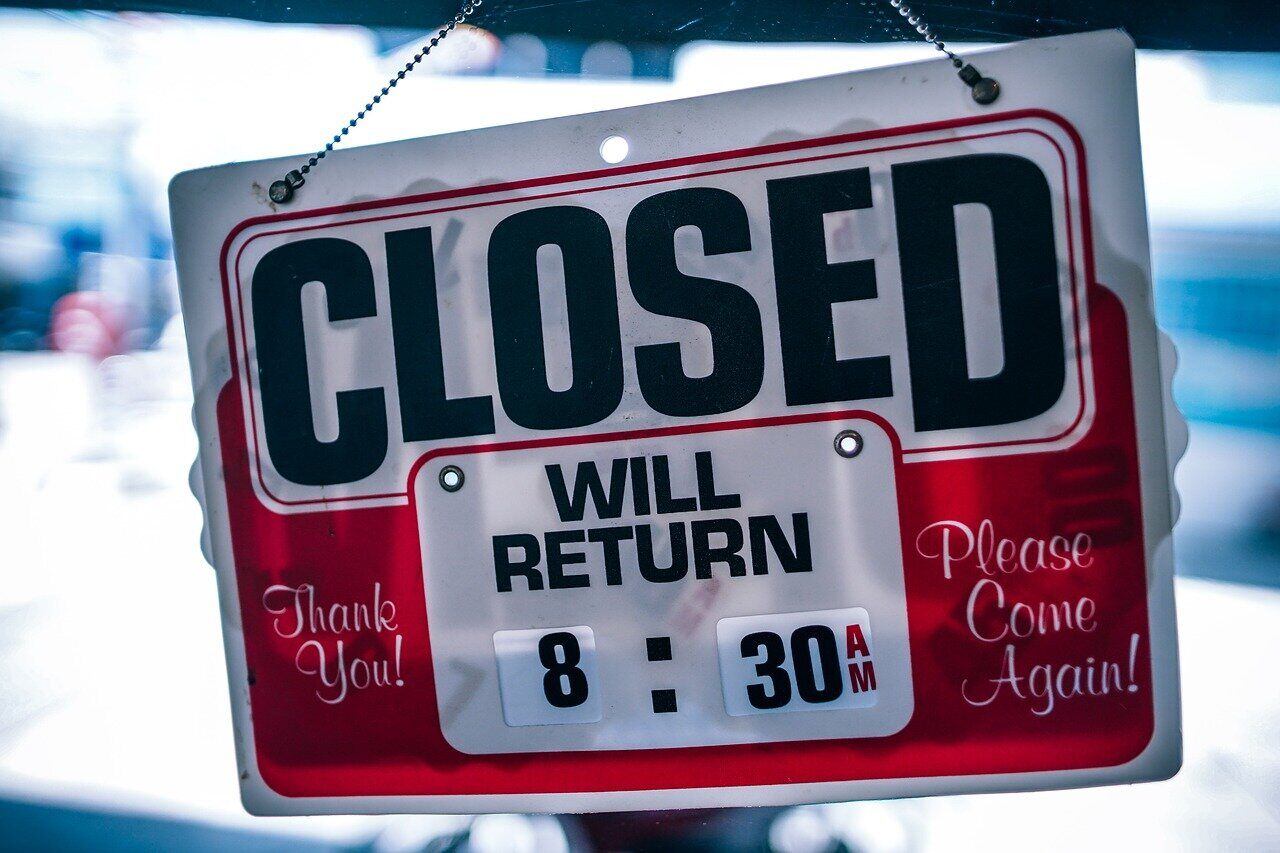Massachusetts and Nevada COVID Restrictions Will Devastate Businesses


Substantially all of the states with legalized adult-use and medical cannabis industries are easing regulations to help cannabis businesses during the coronavirus pandemic. For example, nine states will temporarily allow retail operations to deliver marijuana products to customers waiting outside of the store, which the regulators are referring to as “curbside delivery.” So why are Massachusetts and Nevada taking a more restrictive approach to cannabis sales?
Massachusetts’ Cannabis Control Commission issued a notification to cannabis on licensees on Monday night that told adult-use businesses to “cease and desist” from selling cannabis at noon on Tuesday, March 24, 2020. The regulator issued the order in response to the state’s stay-at-home advisory and emergency order. Medical dispensaries are allowed to remain open and serve customers.
Massachusetts has 61 operating medical marijuana treatment centers as compared to 127 licensed adult-use marijuana stores. The shut down of the adult-use market will significantly restrict access to cannabis in the state. The CCC and the state have yet to address whether there will be any financial or other support made available to these businesses and the employees. It is also unclear whether these employees will be eligible for federal coronavirus benefits.
Nevada’s stay-at-home executive order signed by Governor Steve Sisolak requires medical and adult-use stores to shutter, and only permits retail delivery services. The Nevada Department of Taxation shows that there are only 2 licensed retail home delivery services in the state, BlackBird and DeliveryHytiva. The Marijuana Enforcement Division will implement new virtual delivery vehicle inspection procedures in order to meet the increased demand for home delivery.
Both states issued stay at home orders for residents. The New York Times’s interactive map shows that Massachusetts is on the edge of the east coast spread of coronavirus with over 1,100 cases. Nevada currently has around 300 cases. However, Massachusetts and Nevada’s approach is markedly different from states that have more coronavirus cases such as California (2,600+), Illinois( 1,500+), Michigan (1,700+) and Washington (2,400+).
Businesses in Massachusetts and Nevada will no doubt want answers as to why these states chose to treat cannabis differently, which will ultimately impact their viability. States that will soon legalize cannabis should include provisions of when and how the industry will be shut down in event of a pandemic or other national disaster and consider ways to maintain operations.